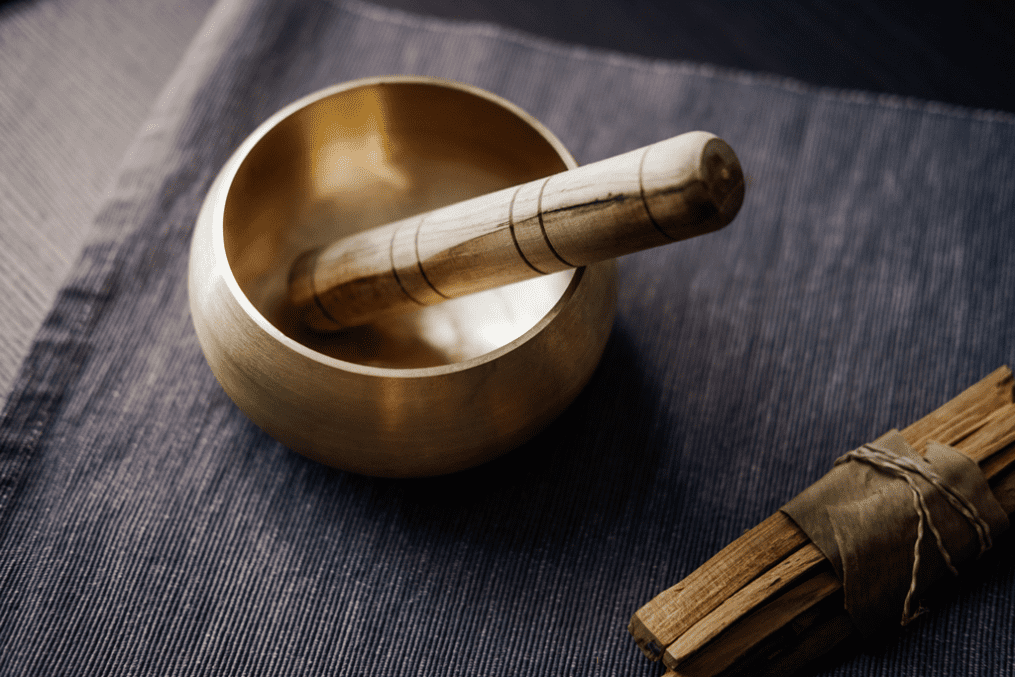The busy woman’s guide to me-time

Good, quality me-time helps us to unwind, focus, and ponder life’s big questions. However, it’s hard to fit into our busy modern schedules. Seek solace in solitude with our expert tips:
1 Notice how busy you are
‘Ask yourself, “Why am I so busy?” says Mark Vernon, a philosopher currently working with the Idler Academy of learning (www.idler.co.uk). “What would I do if I wasn’t so busy? How do I feel when I’m not busy?” This starts you thinking about what’s really happening in your life.’ Psychologist Emma Kenny suggests spending an hour a week, either in one go or spaced out, to find somewhere quiet and calm to check-in with your thoughts and feelings. Explore how you might feel about different solutions to your problems; if you hate your job, for example, how would you feel about handing in your notice?
2 Learn to enjoy your own company
Start to see alone time as an indulgence, a chance for you to get a real break from a busy life. ‘If you employ a “time off troubles” mentality, you can allow yourself to switch-off and should soon look forward to spending time by yourself
,’ says Kenny. Listening to classical music, downloading relaxation apps or simply following some deep breathing exercises – try inhaling for a count of four and exhaling for a count of seven – can all help you achieve positive solitude.
3 Ask for space at home
Remind others in your family that you’re entitled to spend time by yourself. ‘Don’t see it as being selfish, but self-ful,’ says Kenny. ‘By improving your relationship with yourself, you can improve all your other relationships.’ Why not take it one step further and book a break by yourself? A recent survey by insurance company Liverpool Victoria found 27 per cent of us now prefer to holiday without our other halves, up 10 per cent from a decade ago.
4 Try journaling
This is ideal if you struggle to sit still and need something to do. ‘Writing things down helps reinforce the way we feel, but it’s also an enormous release; it’s very cathartic, so we feel cleansed of our feelings,’ says Kenny. A diary, or journal, is also a record of our achievements and emotional accomplishments – you can look back and see how far you have come in your life, or what you would still like to achieve, or change, to make things better.
5 Get outdoors
‘Alone time is often fuelled by experiences that put us in contact with nature,’ says Dr Buchholz. ‘The philosopher Thoreau called it “the tonic of wilderness”.’ It may be that wide, open spaces help us feel free, but increasing amounts of research show getting outside is good for our wellbeing. A study by the University of Exeter found those moving to live near parks or green spaces experienced an immediate improvement in their mental health. So try to get outside at lunchtime, or take a long walk at the weekend – alone.
6 Cut down on technology
‘Ban all technology from your bedroom!’ urges Kenny. This gives you at least one room where you can be alone with your thoughts and no distractions. ‘And if you live alone, or you’re home alone, never turn the TV on “for company”,’ she adds. ‘It just makes noise and doesn’t allow for resolution.’ Silence enables us to reconnect with who we are. Kenny says, ‘It helps us explore the shifts and changes in our thoughts and feelings, rewarding us with a greater understanding of ourselves.’ Isn’t that better than catching up with Corrie?
What’s your favourite way to spend your me-time? Tweet and tell us @healthymag











